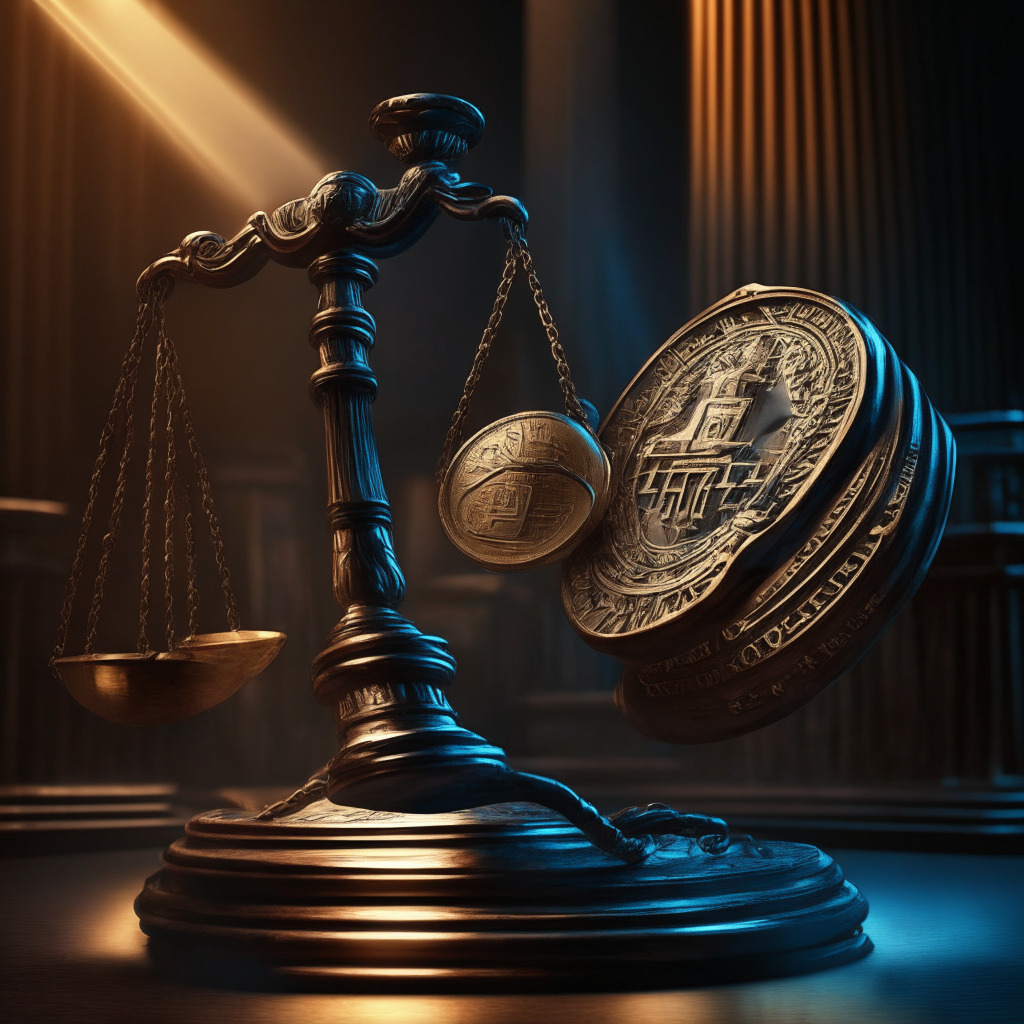In what many in the cryptocurrency community are viewing as a pivotal case, Binance, Binance.US, and Changpeng Zhao are standing up to the legal onslaught led by the United States Securities and Exchange Commission (SEC). In an unprecedented move, they have submitted a 60-page motion to dismiss a lawsuit against them, with their legal team arguing that the regulatory body has overstepped its bounds.
At the core of this clash between traditional financial regulation and the nascent world of digital currencies is the question of whether the SEC has the right to retroactively regulate new markets like these. The defendants hold that the SEC should have presented clear guidelines for the crypto sector prior to taking legal action. Instead, they say, the SEC enlarged its jurisdiction area by accusing them of listing unregistered securities in the form of various cryptocurrencies for trading and investment by U.S. investors without clear guidance.
Interestingly, Binance and Zhao claim that SEC’s redefinition of the term “investment contract” now conveniently includes a broad spectrum of crypto assets and transactions, a move they argue to be a flawed interpretation. They also challenge the SEC’s attempt to make them accountable for crypto asset sales dating back to July 2017, a time during which clear regulatory norms for cryptocurrencies were non-existent.
Yet, the pushback doesn’t stop at Binance. Binance.US or, legally speaking, BAM Trading Services Inc., has followed suit with a separate 56-page filing to dismiss the charges brought against it. This comes as part of a broader effort to reject what they perceive as the SEC’s regulatory power grab over the crypto sector.
The disagreement over crypto’s regulatory future has taken a considerable toll on Binance.US. Trading activity on the platform has plunged more than 98% since the lawsuit was waged in September 2022, while the persistent challenges have forced the company to lay off 30% of its workforce. Its president and CEO, Brian Shroder, also left amid the turmoil.
As the crypto world watches this legal drama unfold, it strikes at the heart of ongoing discussions about how cryptocurrencies should be governed. With Congress having mulled over a wealth of proposals to establish a comprehensive framework for crypto and their trading platforms since 2019, it remains to be seen who will be given the reins to regulate the industry, if at all. Amid these debates, investors and operators alike are left in a regulatory limbo, anxiously anticipating the final verdict of this landmark case.
Source: Cryptonews




